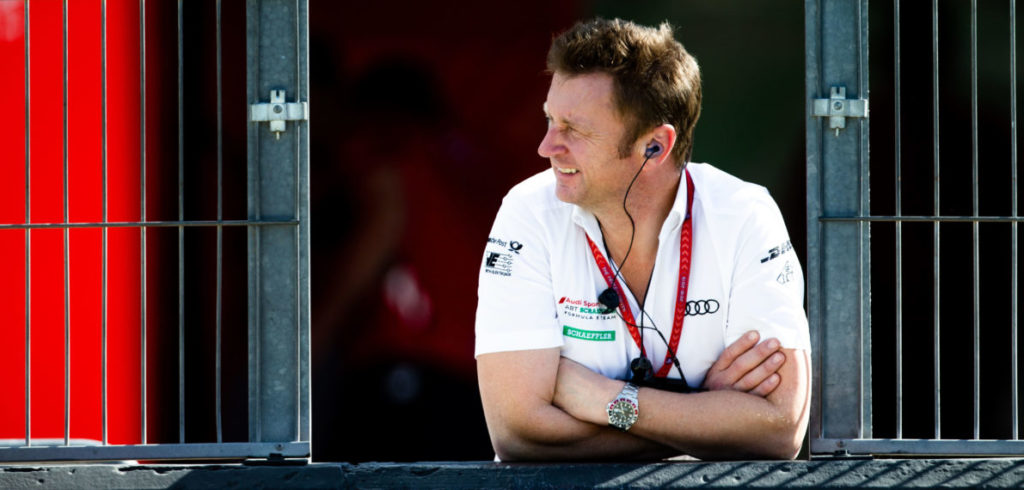The intensely packed, six-race finale of the Formula E season is underway in Germany, with all of the rounds taking place at the Berlin Tempelhof airport track. After a months-long layout, the teams are faced with one of their toughest challenges since the series began in 2014.
For Audi Sport ABT Schaeffler, even though it is competing on home turf, such an intense schedule will push its engineers and drivers to the limit. “Normally, we have six races in four months. Now, we are going to do them in nine days. This means a lot of emotional, mental and also physical challenges,” says team principal Allan McNish.
“It’s a big task, but also a great opportunity, as I am sure the final championship order will be quite different to how it is now. The Berlin six-pack reminds me a little bit of a restart after a full course yellow with only a few laps to go in the last race of the season.”
In order to get Formula E back on track, the organizers have drawn up a hygiene concept of almost 80 pages, which has been agreed with the local authorities and contains precise specifications to protect the health of all those involved. McNish praises the efforts behind the scenes: “All the restrictions and special rules we have due to the pandemic will play a big role. As you can imagine, social distancing is a lot easier in an office than in a Formula E paddock. Formula E did a great job in putting together a hygiene concept that allows us to finally go racing again.”
An essential point of the restrictions: There is a maximum of 1,000 people allowed on-site at the event – normally, there are usually almost five times as many. That means: of course, no spectators, but also no media, no VIP and sponsor guests, and fewer personnel from suppliers, track constructors, Formula E and the FIA. The teams are affected as well.
“We have a limitation of 19 staff people plus our two drivers,” explains McNish. “That means all of us have to take over more jobs. This goes for the engineers, who will split their work differently and also for me: I will be in charge of some marketing and PR work, support our team manager with FIA documents and look after various things that are normally taken care of by other team members.”
The team at Tempelhof, where the three double-headers are each staged on different track layouts, can rely on support from Neuburg, where Audi Sport’s headquarters are based: together with head of Audi Motorsport Dieter Gass and Formula E project leader Tristan Summerscale, a team of engineers follows every meter of Lucas di Grassi and René Rast in Berlin.
“Our so called ‘Mission Control’ in Neuburg will be even more important for Berlin than at other races,” says Allan McNish. “The engineers back home are reviewing all of the data they receive from the track and back-up all of the decisions on-site. This goes for our factory team, as well as for our customer team Envision Virgin Racing.”
Teamwork is more important than ever in Berlin, says McNish: “The key to success will be to come as best prepared as possible and to keep focused no matter what happens. While concentrating on each of the six races individually, we always have to keep the big picture in mind. When others get tired – mentally or physically – we want to be even stronger.”
The first race of the finale saw the Audi team place eighth and tenth. Meanwhile, positive Covid tests for Formula E founder Alejandro Agag and Mahindra Racing CEO and team principal Dilbagh Gill, and their subsequent isolation, highlighted the importance of Formula E’s protocols when it comes to keeping the paddock infection free.



